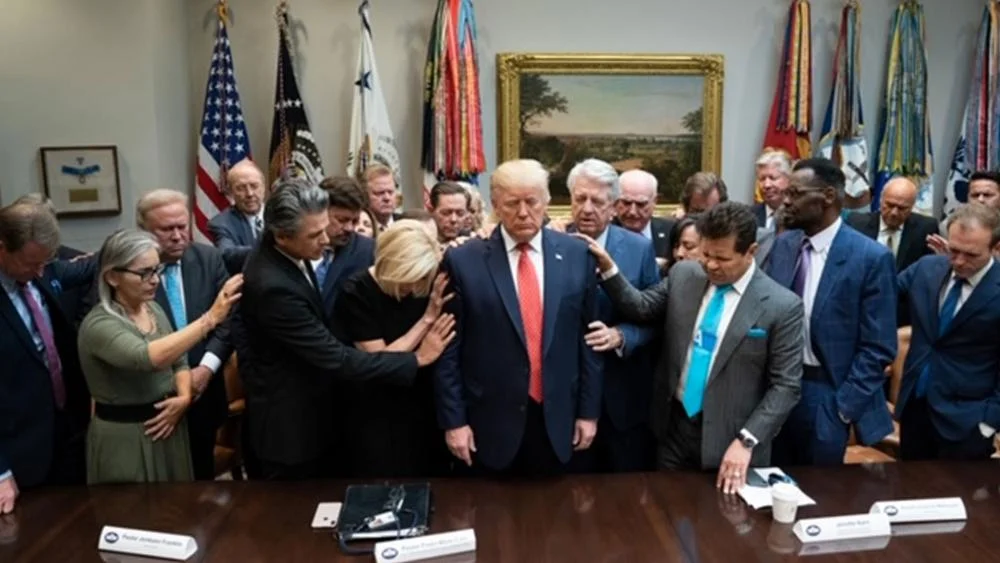Introduction
In the aftermath of former President Donald Trump’s controversial Christmas Day rant, in which he expressed a desire for his political opponents to “rot in hell,” there has been a growing call for evangelical Christians to reconsider their support of the ex-president. While Trump has garnered significant support from the evangelical community throughout his presidency, some prominent figures are now questioning whether his actions align with the principles of their faith. In this article, we will explore the perspectives of former Rep. Adam Kinzinger and other evangelicals who believe that supporting Trump is incompatible with their Christian beliefs.
The Call for Reevaluation
Former Rep. Adam Kinzinger, a Republican who served on the House Select Committee on the January 6 attack, took to social media to express his opinion on Trump’s Christmas Day remarks. Kinzinger boldly stated that he believes Trump is not a Christian and criticized fellow Christians who continue to support him. As a member of the Baptist Church himself, Kinzinger’s comments carry weight within the evangelical community.

Kinzinger’s stance reflects a broader sentiment among some evangelicals who are urging their fellow Christians to reconsider their allegiance to Trump. In an article for The Atlantic, author and journalist Tim Alberta highlighted the threat of Christian nationalism, where far-right ideologies seek to establish a society based on Christian principles. Alberta argues that opposing this extremism in the Church is not solely the responsibility of evangelicals, but rather a collective effort required for the preservation of a pluralistic society.
Faith and Politics in Conflict
In a November interview with Baptist News, Kinzinger discussed the intersection of his faith and politics. He expressed concern that both his political party and his religion had been “hijacked by extremists” who pose a significant danger to democracy. Kinzinger emphasized the need for Christians to protect their own reputations and not allow themselves to be manipulated by divisive rhetoric.
The tension between faith and politics is not a new phenomenon. Throughout history, religious communities have grappled with how to navigate the complexities of engaging in the political sphere while remaining true to their core beliefs. Kinzinger’s critique of fellow Christians supporting Trump is a manifestation of this ongoing struggle.
Repairing the Relationship
To move forward as a pluralistic society, many evangelicals believe it is crucial to address the deterioration of the evangelical movement and repair the relationship between Christians and the broader culture. This necessitates confronting the rise of extremism within the Church and fostering a more inclusive and compassionate approach to societal issues.

The responsibility to condemn extremism in the Church does not rest solely on the shoulders of evangelicals. Individuals of all belief systems must actively engage in repairing the relationship between Christians and the broader culture. This collaborative effort is essential for the preservation of democracy and the promotion of a more harmonious society.
Conclusion
The reassessment of support for former President Donald Trump among evangelical Christians highlights the complex relationship between faith and politics. As prominent figures like Adam Kinzinger speak out against Trump and urge their fellow Christians to reconsider their allegiance, the evangelical community finds itself at a crossroads. The challenge lies in navigating the tensions between political affiliations and religious convictions while striving for a society that values inclusivity, compassion, and democratic principles. By confronting extremism within the Church and repairing the relationship between Christians and the broader culture, evangelicals can contribute to the preservation of a pluralistic society that embraces diversity and promotes unity
